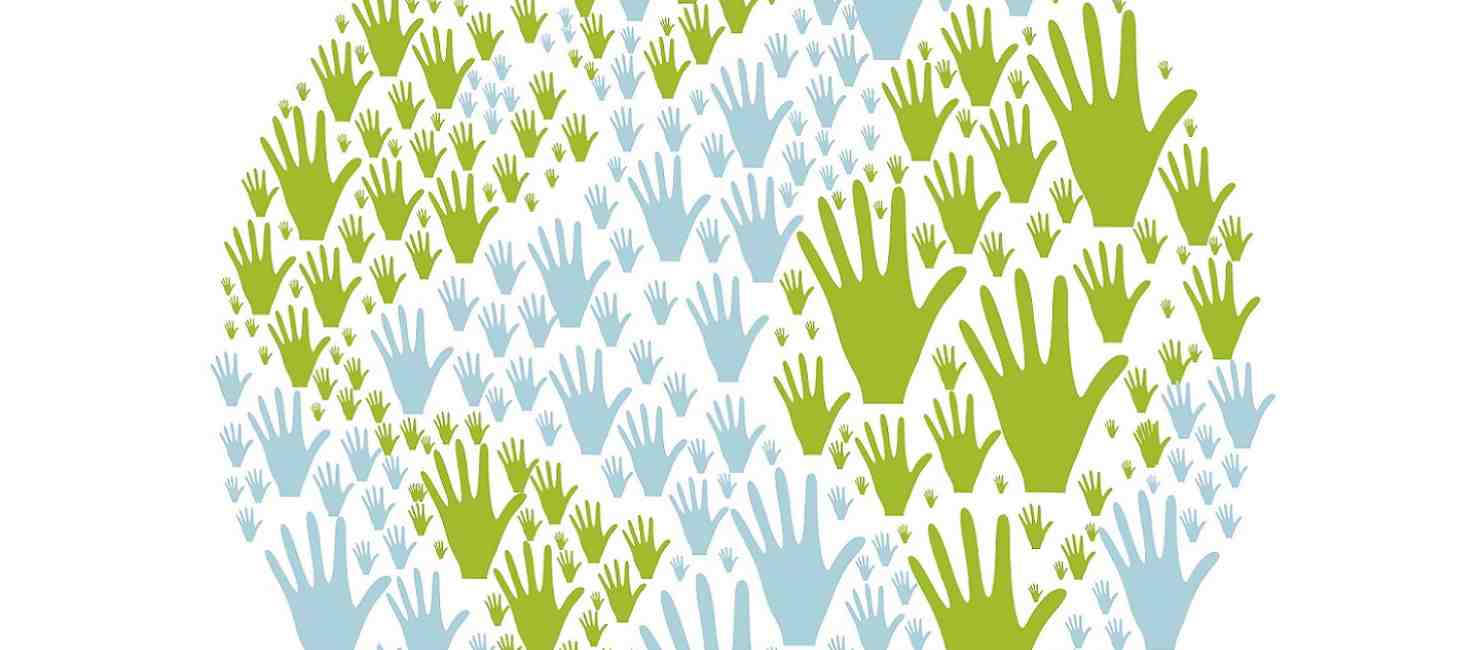How do I prevent my abuser, who is a coach, from hurting others?
Dear Stop It Now!,
I was sexually abused when I was 16 by my coach. I’m now 40 and would like to take action to prevent him from harming more people. Do you have any contacts?

Dear Courageous Survivor,
Thanks so much for reaching out to us about this. I am so sorry to hear that this happened. We know that there are many other brave adults, like yourself, who were young athletes and are now survivors looking to protect young people from having to go through what they did. This is a brave and compassionate step, and again – thank you for your courage and care for others.
Reporting
To better answer your question, we reached out to Safe Sport, a nonprofit program committed to ending all forms of abuse in sports, and asked your question (without identifying you) about how an adult who was abused by a coach when she was a juvenile athlete can follow up to make sure that coach isn’t still a risk to others. They told us that anyone with a concern about a coach (currently or from the past) can report their concern, as well as what happened to them, directly to Safe Sport using this Reporting Form. You can remain anonymous, if that is preferable.
Safe Sport did tell us that if the coach being reported does not coach a sport that is one of the 50 national sport governing bodies recognized within the Olympic Movement, Safe Sport wouldn’t be able to investigate. However, they have contacts with other leagues and groups and if they have more information, they can facilitate another entity to respond. If someone reporting provides follow-up information, Safe Sport can assist there. So, this is a great place to start.
Additionally, if you are aware of any current situation where this coach is potentially abusing another child, you can also make a report to your local authorities, and anyone else who has information about this person being a risk to children should also make a report.
It may help to first organize your thoughts and what you want to say before you call. This is understandably very emotional, and it may help you to first write down what you want to say, thinking about dates and locations as well as who was involved. That way, when you make your report to Safe Sport, and possibly the police, you’ll feel better prepared to answer their questions.
Support for Yourself
As you continue to work on this, think about getting your own support. This is huge, and you shouldn’t have to deal with it alone. You deserve to have support. Turn to someone you trust, like a friend, family member, member of the clergy, or even your own professional counselor. You deserve to express how all of this may be affecting you. Our resource list for Adult Survivors can help you locate a resource if you’re not sure how to start off. As you reach out to Safe Sport or other professionals, and each time you bravely disclose what happened to you, you may find yourself experiencing some difficult memories and feelings. That is normal, but again – it’s important that you feel supported and have folks to lean on after you make your report.
As a final note, you may also want to consult with your own legal resource. An attorney may help you further understand your legal choices and help you with future actions you may want to take. Again, you are entitled to have as much (or as little) support as you want.
Take care,
Stop It Now!
Feedback:
Please share your feedback on this question
Last edited on: June 1st, 2021

